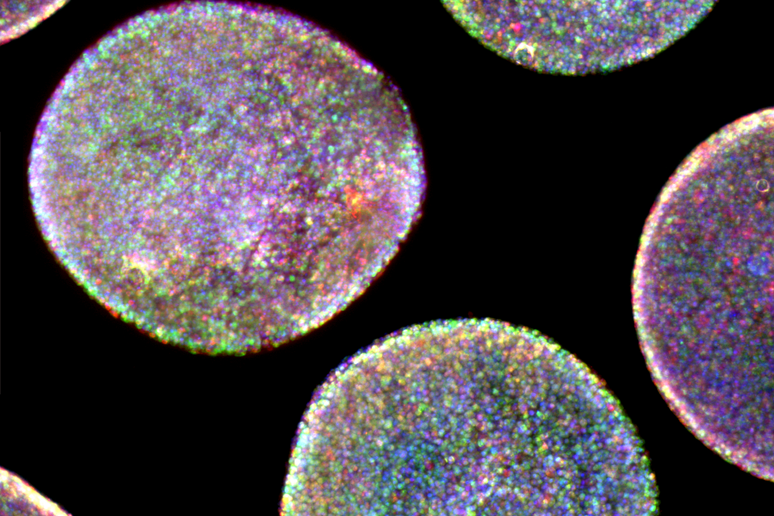The gene responsible for causing spinal muscular atrophy (SMA), the rare genetic disease that in its most severe form causes paralysis and sometimes also premature death in children, also leaves traces in the liver and brain.
The discovery, published in the journal Communication Biology, opens up the possibility of boosting and personalising current therapies for SMA.
Conducted on 33 paediatric patients and on animal models over four years, the research is the result of a collaboration between Ceinge Biotecnologie Avanzate 'Franco Salvatore' in Naples, the universities of Campania 'Luigi Vanvitelli', Naples Federico II, Salerno and Cagliari, and the Bambino Gesù paediatric hospital in Rome.
Researchers have discovered that the gene responsible for SMA affects amino acid metabolism in the brain and liver from the earliest days after birth. It also affects the expression of enzymes that enable the synthesis of molecules that aid communication between nerve cells, namely neurotransmitters.
"This is an important result, which on the one hand hints at the possibility of establishing new biomarkers to predict the onset of the disease," notes the project's creator, Alessandro Usiello, director of Ceinge's Laboratory of Translational Neuroscience and professor of Clinical Biochemistry at the Vanvitelli University.
Riproduzione riservata © Copyright ANSA













